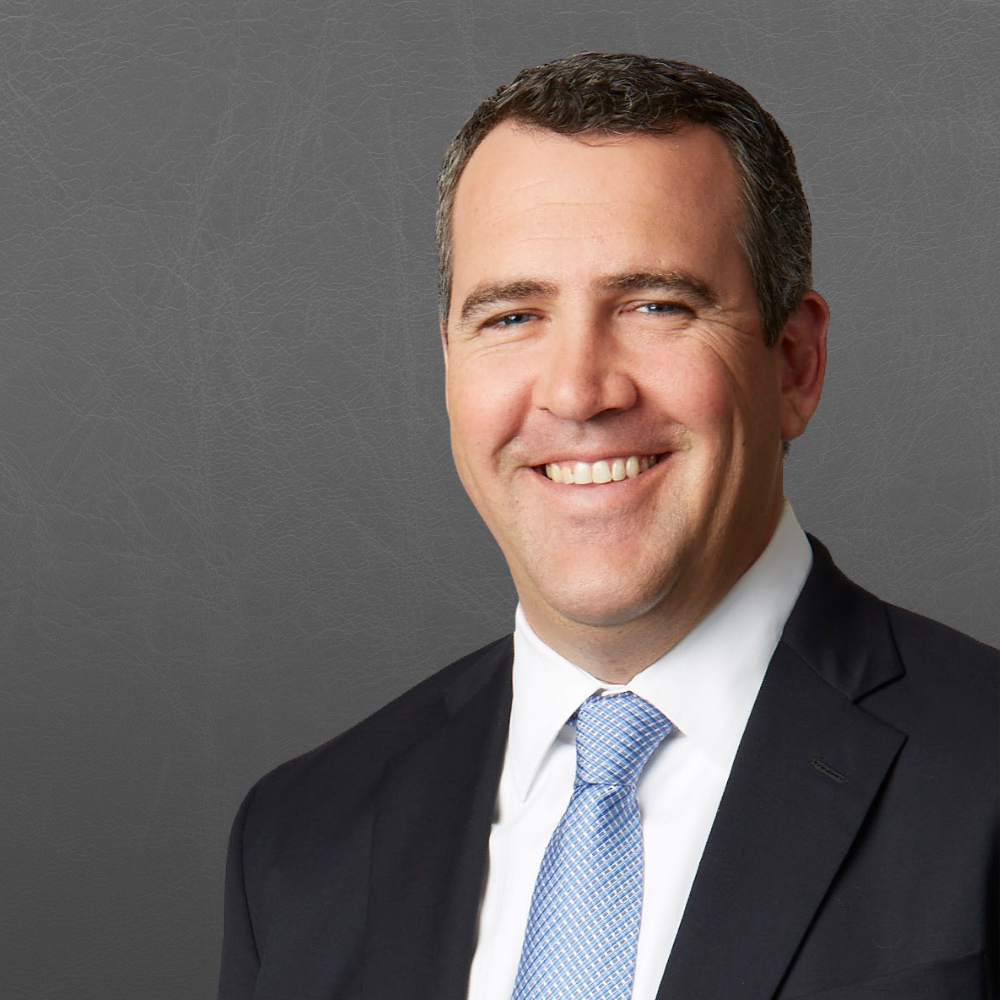
We Set the Bar for Boutique Law Firms
Running an innovative business means navigating constant choices, changing conditions, and complex challenges that demand swift and decisive solutions. Carr McClellan’s seasoned attorneys provide the strategic guidance and trusted counsel you need to move your company forward. Our attorneys have unrivaled experience to offer our clients responsive, personalized service.
We not only resolve complex legal issues—we anticipate and avert them before they become roadblocks in the first place.
At Carr McClellan, we make it happen.
Explore Our Attorneys’ Expertise
We strive to provide the level of attentive and dedicated service to our clients that they provide to their clients and customers. With unparalleled experience in a wide variety of industries including Food & Beverage and Technology, our lawyers provide insights, knowledge, and strategy to meet your legal needs.

Meet the Team at Carr McClellan
At Carr McClellan, our clients have direct communication with experienced attorneys, some of whom have more than 40 years of experience practicing law. That’s our promise.










